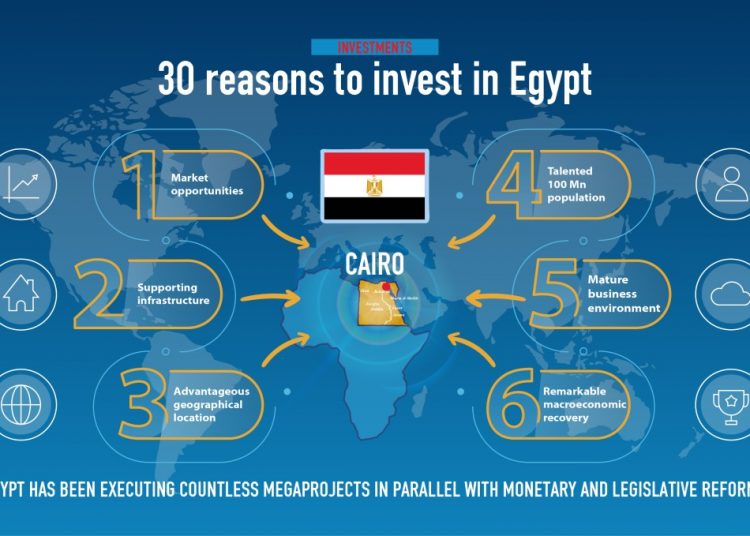The Egyptian government announced on February 8 the formation of a legal and technical committee to study investment proposals for projects expected to generate substantial foreign currency resources.
The announcement came few days after news broke of the imminent injection of billions of dollars into the Central Bank of Egypt (CBE) as part of a deal between the government and Emirati investors to develop Ras el-Hekma on the North Coast.
“We received offers from several international investment alliances, and an Emirati group was selected for the Ras el-Hekma tourism development project,” General Authority for Investment and Free Zones (GAFI) CEO Hossam Heiba told the local media.
“Some $22 billion has already been made as an initial investment,” Heiba added.
The Emirati alliance will finance, develop and manage the Ras el-Hikma project while local and foreign companies will be implementing projects in Ras el-Hikma, he said.
According to government reports, the project, which is hoped will put Ras el-Hikma on the global tourism map, will include an airport, hotels, commercial centres and residences.
“These investment projects will bring about a qualitative leap and multiple benefits for Egypt,” said economist Rashad Abdo.
“Notably, a climate conducive to investment climate is being sought with efforts to attract foreign direct investment (FDI) by granting incentives to simplify procedures to set up companies,” Abdo added.
“These measures have started to pay off. In fiscal year (FY) 2022-2023, FDI reached the $10 billion mark, compared to $8.9 billion in FY 2021-2022, a GAFI statement said.
Abdo pointed out that the most attractive sectors now in Egypt for FDI are oil and gas exploration, and renewable energies (solar power, wind energy, green hydrogen). Yet, he also sees potential in petrochemicals, food and real estate.
Earlier this month, the government announced the launch of the Foreign Investment Gateway to facilitate land investment in new cities.
The gateway allows investors to inquire about investment opportunities or request specific investment opportunities for all service activities in new cities, payable in US dollars from abroad.
In January, the cabinet approved the sale of specific tracts of land to foreign companies in dollars. In the same month, the House of Representatives (parliament) approved an amendment to the Desert Land Law, which grants foreigners the right to own land for investment projects. The amendment grants Arab investors the right to own land on an equal footing with Egyptians.
In September 2023, President Abdel Fattah El Sisi directed the government to issue a series of new incentives to promote foreign investments and back local industrial projects.
These incentives include exempting projects that target strategic industries from all types of taxes, except value-added tax, for five years, a cabinet statement said.
Additionally, the tax exemption could be extended another five years for a specific number of these industries if they achieve specific targets in terms of the amount of foreign investment and the regulations determined by the cabinet. In the event of a project being implemented within half the time specified for it, companies can obtain up to 50 per cent of the land value.
“Egypt has increased its FDI attractiveness and has a significant potential to draw new capital,” economist Medhat Nafea told The Egyptian Gazette.
“The positive effects of FDI come primarily from technology transfer, resulting in increased productivity and efficiency in resource allocation,” Nafea added.
Egypt’s most-valued asset is human capital and FDI contributes significantly to developing this asset, besides stimulating domestic investments and enhancing physical capital and infrastructure to improve production and competitiveness of different products and services, he said.
Nafea noted: “FDIs fast-forward the transfer of innovative technologies across various sectors with their implications on development and growth.”
Nafea further noted that digital transformation can play an invaluable part in development.
“It has the potential to transform businesses regardless of industry or size and contribute to economic growth, job creation, human capital development, and poverty reduction.”






Discussion about this post